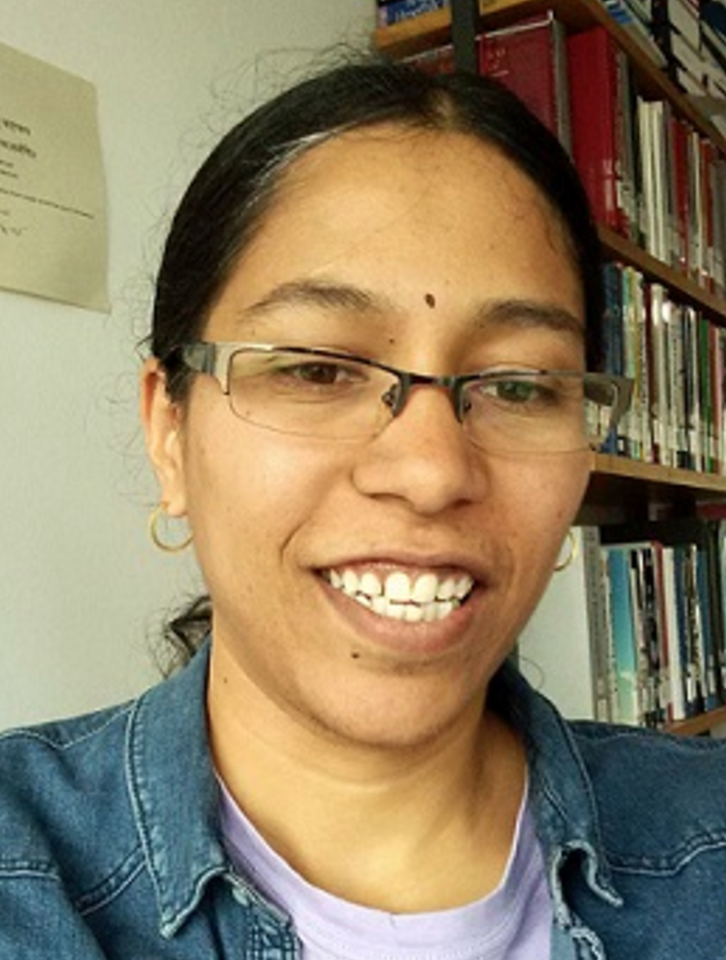Call for Papers
Web provides an abundance of knowledge and information that can reach large populations. However, the way in which a text is written (vocabulary, syntax, or text organization/structure), or presented, can make it inaccessible for many people, especially for non-native speakers, people with low literacy, and people with some type of cognitive or linguistic impairments. The results of Adult Literacy Survey (OECD, 2023) indicate that approximately 16.7% of adult population (averaged over 24 highly-developed countries) requires lexical, 50% syntactic, and 89.4% conceptual simplification of everyday texts (Štajner, 2021).
Research on automatic text simplification (TS), textual accessibility, and readability thus have the potential to improve social inclusion of marginalized populations. These related research areas have increasingly attracted more and more attention in the past ten years, evidenced by the growing number of publications in NLP conferences. While only about 300 articles in Google Scholar mentioned TS in 2010, this number has increased to about 600 in 2015 and greater than 1000 in 2020 (Štajner, 2021).
Recent research in automatic text simplification has mostly focused on proposing the use of methods derived from the deep learning paradigm (Glavaš and Štajner, 2015; Paetzold and Specia,
2016; Nisioi et al., 2017; Zhang and Lapata, 2017; Martin et al., 2020; Maddela et al., 2021; Sheang and Saggion, 2021). However, there are many important aspects of the automatic text simplification that need the attention of our community: the design of appropriate evaluation metrics, the development of context-aware simplification solutions, the creation of appropriate language resources to support research and evaluation, the deployment of simplification in real environments for real users, the study of discourse factors in text simplification, the identification of factors affecting the readability of a text, etc. To overcome those issues, there is a need for collaboration of CL/NLP researchers, machine learning and deep learning researchers, UI/UX and Accessibility professionals, as well as public organizations representatives (Štajner, 2021).
The proposed TSAR workshop builds upon the recent success of several regional workshops that covered a subset of our topics of interest, including the SEPLN 2021 Current Trends in Text Simplification (CTTS) and the SimpleText workshop at CLEF 2021, as well as the birds-of-a-feather event on Text Simplification at NAACL 2021 (over 50 participants).
The TSAR workshop aims to foster collaboration among all parties interested in making information more accessible to all people. Through the two invited talks, a shared task on lexical simplification, the round table discussion, regular oral and poster presentations of workshop papers, we will discuss recent trends and developments in the area of automatic text simplification, text accessibility, automatic readability assessment, language resources and evaluation for text simplification, etc.
Topics
We invite contributions on the following topics (among others):
- Lexical simplification;
- Syntactic simplification;
- Modular and end-to-end TS;
- Sequence-to-sequence and zero-shot TS;
- Controllable TS;
- Text complexity assessment;
- Complex word identification and lexical complexity prediction;
- Corpora, lexical resources, and benchmarks for TS;
- Evaluation of TS systems;
- Domain specific TS (e.g. health, legal);
- Other related topics (e.g. empirical and eye-tracking studies);
- Assistive technologies for improving readability and comprehension including those going beyond text.
Submissions
We welcome two types of papers: long papers and short papers. Submissions should be made to the Softconf submission management system: https://softconf.com/emnlp2022/tsar.
The papers should present novel research. The review will be double blind and thus all submissions should be anonymized.
- Format:
Paper submissions must use the official EMNLP templates, which are available as an Overleaf template and also downloadable directly (Latex and Word) (see here).
Authors may not modify these style files or use templates designed for other conferences.
Submissions that do not conform to the required styles, including paper size, margin width, and font size restrictions, will be rejected without review.
- Long Papers:
Long papers must describe substantial, original, completed, and unpublished work. Wherever appropriate, concrete evaluation and analysis should be included.
Long papers may consist of up to eight (8) pages of content, plus unlimited pages of references. Final versions of long papers will be given one additional page of content (up to 9 pages), so that reviewers’ comments can be taken into account.
Long papers will be presented orally or as posters as determined by the program committee. The decisions as to which papers will be presented orally and which as poster presentations will be based on the nature rather than the quality of the work. There will be no distinction in the proceedings between long papers presented orally and long papers presented as posters.
- Short Papers:
Short paper submissions must describe original and unpublished work. Please note that a short paper is not a shortened long paper. Instead, short papers should have a point that can be made in a few pages. Some kinds of short papers include: a small, focused contribution; a negative result; an opinion piece; an interesting application nugget
Short papers may consist of up to four (4) pages of content, plus unlimited pages of references. Final versions of short papers will be given one additional page of content (up to 5 pages), so that reviewers' comments can be taken into account.
Short papers will be presented orally or as posters as determined by the program committee. While short papers will be distinguished from long papers in the proceedings, there will be no distinction in the proceedings between short papers presented orally and short papers presented as posters.
Important Dates
7 September 2022Deadline Extension to 13th September 2022: Workshop paper submission deadline (Softconf). All submissions have to go through softconf.
9 October 2022: Workshop paper notification deadline
16 October 2022: Workshop paper camera-ready deadline
10 November 2022: Early registration deadline
8 December 2022: Workshop (
Fully Virtual)











